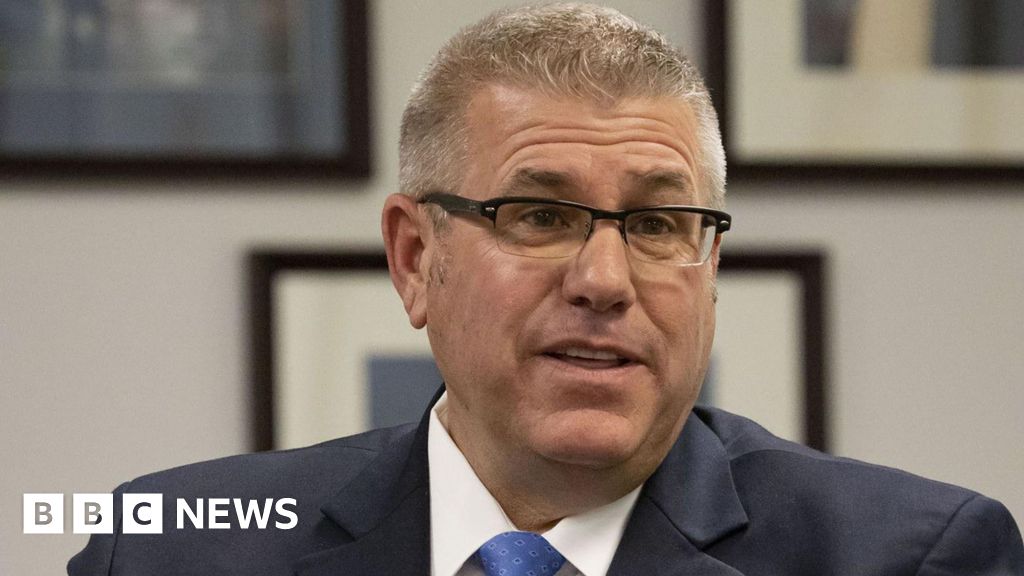Study Links Surge in Children’s Memory Problems to Wireless Radiation Exposure

Source: Children’s Health Defense
Children and teens in Sweden and Norway are experiencing an “alarming” rise in memory problems, which the authors of a new peer-reviewed study attributed to increased exposure to wireless radiation.
“The steep increase in memory issues cannot be explained by changes in diagnostic criteria or reporting to the registries alone,” Lennart Hardell, M.D., Ph.D., one of the study’s authors, said in a press release. He added:
“We urge our findings on increasing numbers of children having impaired memory to be taken seriously by public health authorities and consider children’s increasing exposure to wireless radiation as a possible cause.
“Thus, we ask for measures aimed at decreasing exposure to RF radiation [radiofrequency radiation] to protect the brain and general health of children.”
The study was published this month in the Archives of Clinical and Biomedical Research.
Hardell, an oncologist and epidemiologist with the Environment and Cancer Research Foundation, has authored more than 350 papers, nearly 60 of which address RF radiation. He is also one of the first researchers to publish reports on the toxicity of Agent Orange.
Hardell and lead study author Mona Nilsson, co-founder and director of the Swedish Radiation Protection Foundation, examined national health data in Sweden and Norway and found that the number of medical consultations for memory disturbances in Norwegian children ages 5-19 increased roughly 8.5-fold from 2006 to 2024.
In Sweden, the number of children ages 5-19 diagnosed with mild cognitive impairment — a diagnosis that includes memory problems — increased nearly 60-fold from 2010 to 2024.
“The findings must be taken seriously and evaluated,” Hardell told The Defender. “Action must be taken to reduce children’s overall exposure — especially in schools.”
Nilsson agreed. “These alarming trends must be reversed — radiation exposure must be reduced, and people must be informed about the associated health risks,” she said.
Authors link memory problems to wireless radiation
The authors argued in their report that wireless radiation is a leading cause of memory decline in children.
They cited numerous epidemiological and experimental studies showing that very low levels of RF radiation can negatively affect the brain — particularly the hippocampus, which plays a central role in memory and learning.
“There is abundant evidence [dating back] several decades, both on animals and humans, that RF radiation impairs memory,” Nilsson said. “The trends we are observing coincide closely in time with the sharply increasing exposure of children and adolescents to RF radiation.”
Wireless exposure has escalated in the last decade due to the increasing use of cellphones, wireless headsets, Wi-Fi and 5G, Hardell said.
“Other contributing factors can, of course, not be excluded,” he said. “They must, however, be defined and not based on hypothetical discussion.”
New investigation targets ‘biased’ European report on RF radiation
The new study coincides with the European Ombudsman investigation into how the European Commission handled a key report that found no “moderate or strong” evidence linking adverse health effects to chronic or acute RF radiation exposure from existing wireless technologies.
The European Ombudsman, who “investigates complaints about maladministration by EU [European Union] institutions and bodies,” will question the European Commission on how it chose the experts to write the report, said Sophie Pelletier, president of PRIARTEM/Electrosensibles de France, in an Oct. 22 press release.
The report, called the SCHEER Opinion, was adopted in April 2023 by the European Commission’s Scientific Committee on Health, Environmental and Emerging Risks (SCHEER).
The SCHEER Opinion was “clearly biased,” according to an October 2023 critique published by the Council for Safe Telecommunications in Denmark and the Swedish Radiation Protection Foundation.


This article was funded by critical thinkers like you.
The Defender is 100% reader-supported. No corporate sponsors. No paywalls. Our writers and editors rely on you to fund stories like this that mainstream media won’t write.
The investigation stems from a complaint filed by several European nonprofits, including the Swedish Radiation Protection Foundation, alleging that the authors of the SCHEER Opinion had conflicts of interest due to industry ties or industry-funded research.
The nonprofits also claimed that the European Commission excluded experts critical of wireless radiation’s possible health effects from the report’s working group and that the report authors ignored peer-reviewed studies showing harmful effects from exposure below current limits.
In the U.S., the Federal Communications Commission (FCC) has not updated its RF radiation exposure limits since 1996 and bases them largely on a few small sample studies conducted in the 1970s and 1980s.
The FCC has not yet complied with a 2021 court-ordered mandate to explain how it determined that its current guidelines adequately protect humans and the environment from the harmful effects of RF radiation exposure.
Related articles in The Defender
- 5G — The Untold Story’: New Documentary Spotlights Health Hazards of Wireless Radiation
- ‘High Certainty’ Cellphone Radiation Linked to Cancer in Animals, WHO Study Finds
- New Report Adds to Evidence That Cellphone Radiation May Cause Brain Cancer
- Kids Developed Headaches, Stomach Pain, Sleeping Issues While at Vacation Home Near Multiple 5G Antennas
Recent Top Stories
Sorry, we couldn't find any posts. Please try a different search.











